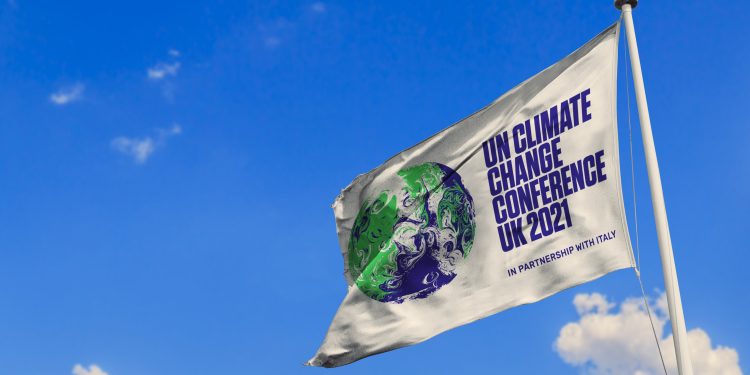Ban Ki-moon, the previous head of the United Nations, has signaled a dire need for a substantial increase in climate financing. Speaking at the Boao Forum for Asia Riyadh Conference, he conveyed that to meet the global climate objectives, funding needs to grow threefold to sixfold by 2030, as per the findings of the Intergovernmental Panel on Climate Change.
The discussions at the Riyadh Conference are a continuation of the dialogue from COP28 in Dubai, where the consensus was to shift away from fossil fuels. The upcoming COP 29 in Baku, Azerbaijan, will focus particularly on the financial mechanisms necessary to support the transition to clean energy.
Ban underscored the paramount importance of the energy sector, which accounts for about 75% of global carbon emissions, in reaching climate targets. He advocated for a significant shift in the production, distribution, and consumption of energy to achieve net zero emissions by the year 2050.
He also highlighted the dire consequences of the ongoing climate crisis, which include threats to food security, increased droughts, and escalating pollution levels. These effects could lead to many urban areas becoming uninhabitable by the end of the century, as indicated by research from entities including the World Economic Forum.
In his remarks, Ban commended oil and gas producers such as Saudi Arabia, the UAE, and Azerbaijan for their leadership in the energy transition. He singled out Saudi Arabia’s ambitious Vision 2030
program, which aims to diversify the nation’s economy and lessen its reliance on oil by targeting 50% of its energy to be supplied by renewables by 2030.


